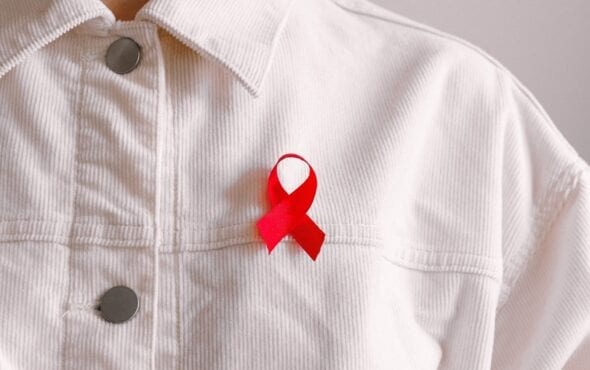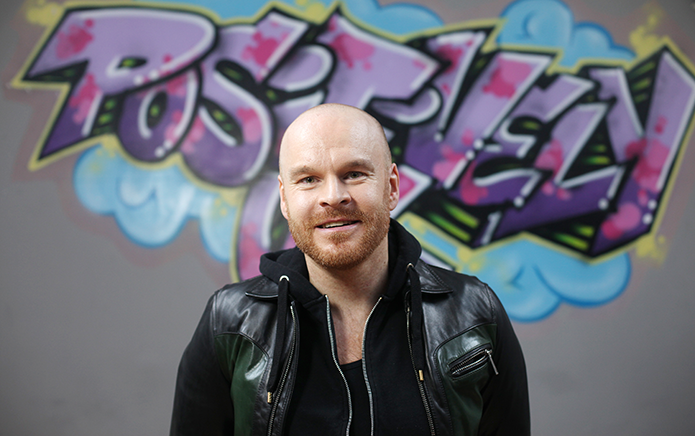
HIV positive people face a deepening crisis.
Everyone has been impacted by the coronavirus pandemic, lockdown and the economic downturn. However, people living with HIV are among the most vulnerable groups.
Whilst many of us hope to return to normal lives, for a significant number of people living with HIV the crisis is deepening.
I am angry that many HIV positive people have been left to face homelessness, unemployment, digital poverty and food poverty during the pandemic.
Positively UK is one of the UK’s leading HIV charities and specialise in providing peer support to HIV positive people. One of their peer mentors is dealing with a case that is shockingly not atypical.
Waltham Forest Council has behaved inappropriately towards a homeless mother living with HIV and her young child by attempting to house her outside of London. The peer mentor is trying to prevent that.
I believe it is wrong to house an HIV positive mother away from the medical professionals and support groups which are a lifeline. This can only lead to her being more isolated and vulnerable.
The housing officers have requested a huge amount of documentation and other evidence – making assumptions about her access to technology. They reject advice and give the impression of disliking scrutiny, criticising the mother for seeking the support of a charity. The mother feels intimidated by the housing officers. It seems as if they are trying to bully her into taking decisions which are not in her interest.
Meanwhile, a survey presented by Positively UK to the All Party Parliamentary Group on HIV/AIDS in July, found that 52% of HIV positive people are experiencing mental health problems as a consequence of the pandemic.
Some HIV positive people, who lived through the 1980s and 1990s, now confronting another pandemic, are suffering from post-traumatic stress disorder (PTSD). Many HIV positive people are experiencing collective PTSD.
Furthermore, I am concerned that Public Health England (PHE) is to be abolished and replaced with an organisation specifically to deal with the coronavirus pandemic. PHE is responsible for a wide range of data collection, including for HIV and hepatitis C.

PHE is not perfect – their HIV data does not represent trans people accurately and there is little information on the number of people co-infected with HIV and hepatitis C (as I was for several years myself).
Overall, the quality and frequency of reporting on both HIV and hepatitis C from PHE is strong through and we cannot allow this expertise to be lost from the organisation. Without accurate data, it seems inevitable that the quality of testing, treatment and care for HIV positive people will decline.
Rather than dismantling PHE, we need radical and swift responses to the unprecedented issues HIV positive people face, from both local and central government. More financial support needs to be provided directly to people living with HIV and also for the charities supporting them.
It was once the case that HIV positive people were prioritised for social housing. This could be temporarily reinstated until the pandemic and its immediate economic consequences are over. We should also consider providing smartphones and data for the poorest and most vulnerable people living with HIV, to counteract digital poverty.
Please check out Positively UK’s website and donate if you can afford to.



